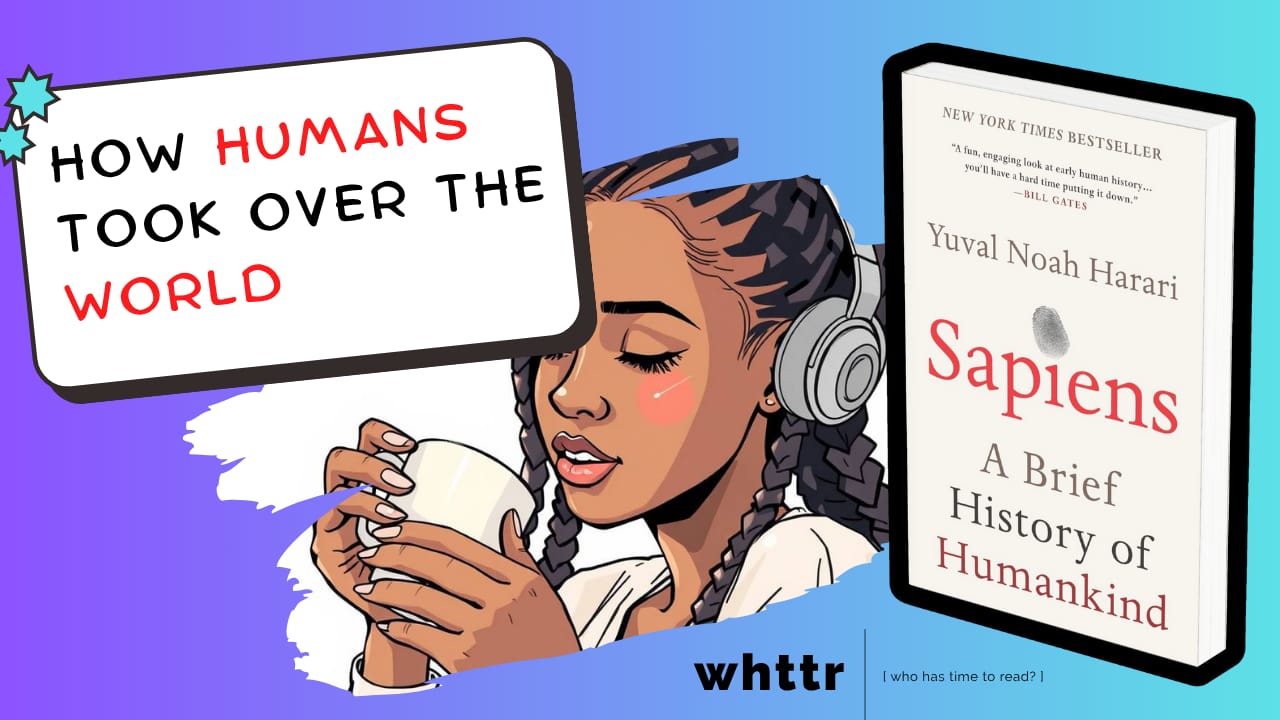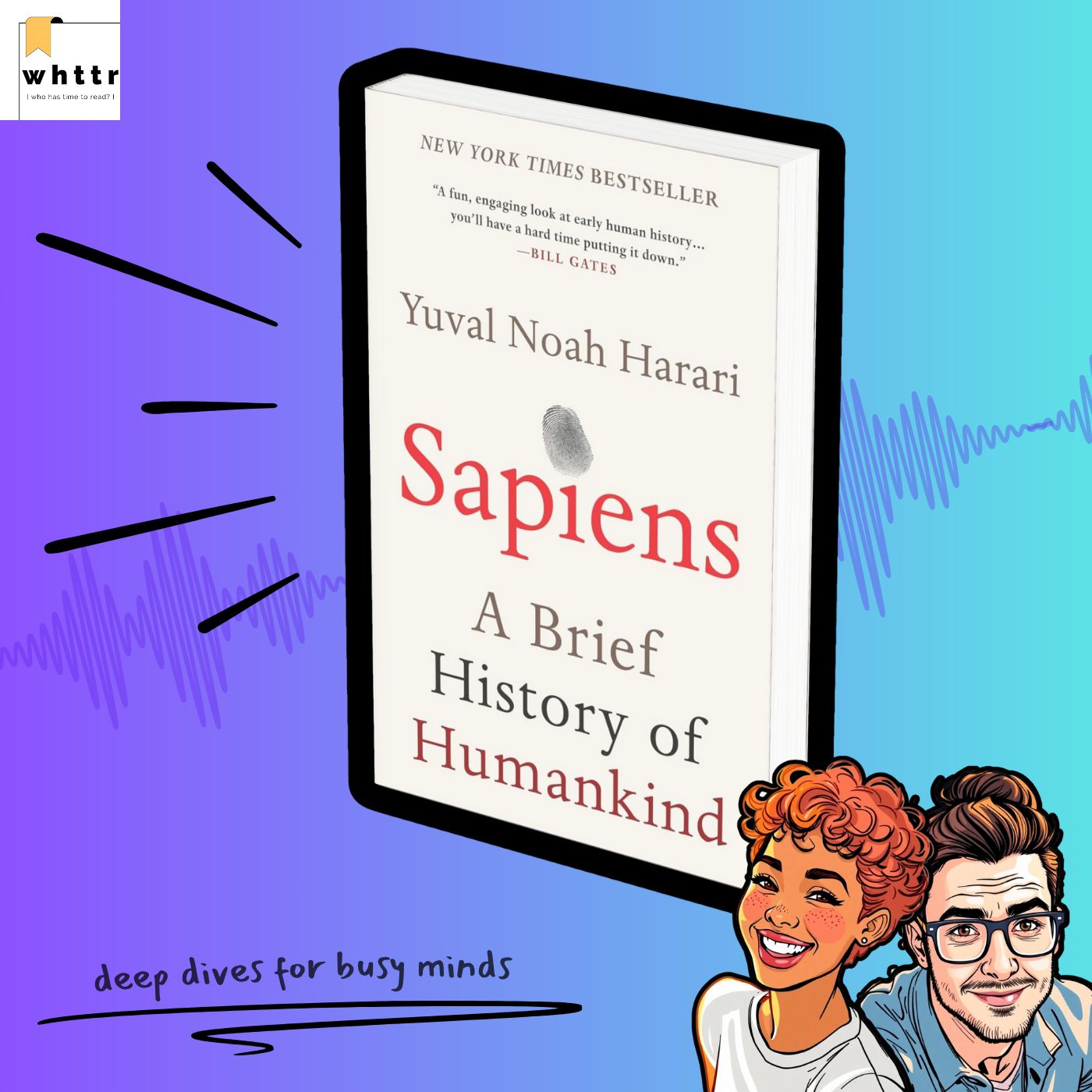- whttr
- Posts
- 🌍 Sapiens Revisited: What We Learn When We Look Back
🌍 Sapiens Revisited: What We Learn When We Look Back
Sapiens: A Timeless Guide to Humanity’s Strengths in an Era of Connection
Greetings, Whttries!
Ever ponder what makes us us? In a season buzzing with global collaboration—from Fulbright teachers in India to community art blooming in Midland—it feels like the perfect time to revisit Yuval Noah Harari’s Sapiens. This sweeping history isn’t just a timeline of facts; it’s a deep dive into the stories, myths, and ideas that bind us—and those ideas are alive today in the ways communities reconnect, innovate, and inspire.
What’s the Buzz?
Published in 2014, Sapiens traces our species from Stone Age nomads to masters of the planet—arguing that shared fictions (like money, religion, and nations) create our collective realities.
The real buzz? Its exploration of human cooperation now resonates as nations and educators amplify cross-cultural partnerships and community initiatives.
That sense of shared story is alive: in Times of India’s feature on Fulbright teachers exchanging ideas in Varanasi, and in Midland’s collaborative art installations bringing neighbors together.
Why You Should Listen
Because stories build bridges: As teachers, students, and artists cross borders to learn and create, Sapiens reminds us how shared narratives—spoken or painted—forge human bonds.
Because cooperation outpaces competition: When grants aim to boost community wellness and thoughtful collaboration (like Midland’s “art grows” initiative), Harari’s message—that cooperation on a grand scale powers progress—rings clear.
Because understanding our past helps shape our future: In a debate-heavy world, Sapiens offers perspective—where understanding comes from context, not just headlines.
About the Author
Yuval Noah Harari, a historian turned philosopher, has spent two decades exploring what it means to be human—and how our shared stories shape destiny.
✨ Fun Fact ✨
The Hebrew title of Sapiens literally translates as “A Short History of Humanity”—from his own lecture notes to a global phenomenon in print!
🎙️Listen to whttr on
“You could never convince a monkey to give you a banana by promising him limitless bananas after death in monkey heaven.”
Which might explain a few boardroom meetings we’ve attended.
Stay Connected
Across continents, communities are reminding us that we build meaning together—through cultural exchanges in India, shared creativity in community gardens, and global dialogue about our future. Sapiens shows that’s no accident—it’s in our DNA.
Thanks for exploring with us, Whttries.
Until then:
📖 Who has time to read? We do—especially when a book helps us understand why we share stories, build communities, and keep moving forward.
The WHTTR Team

WHTTR Podcast



Reply